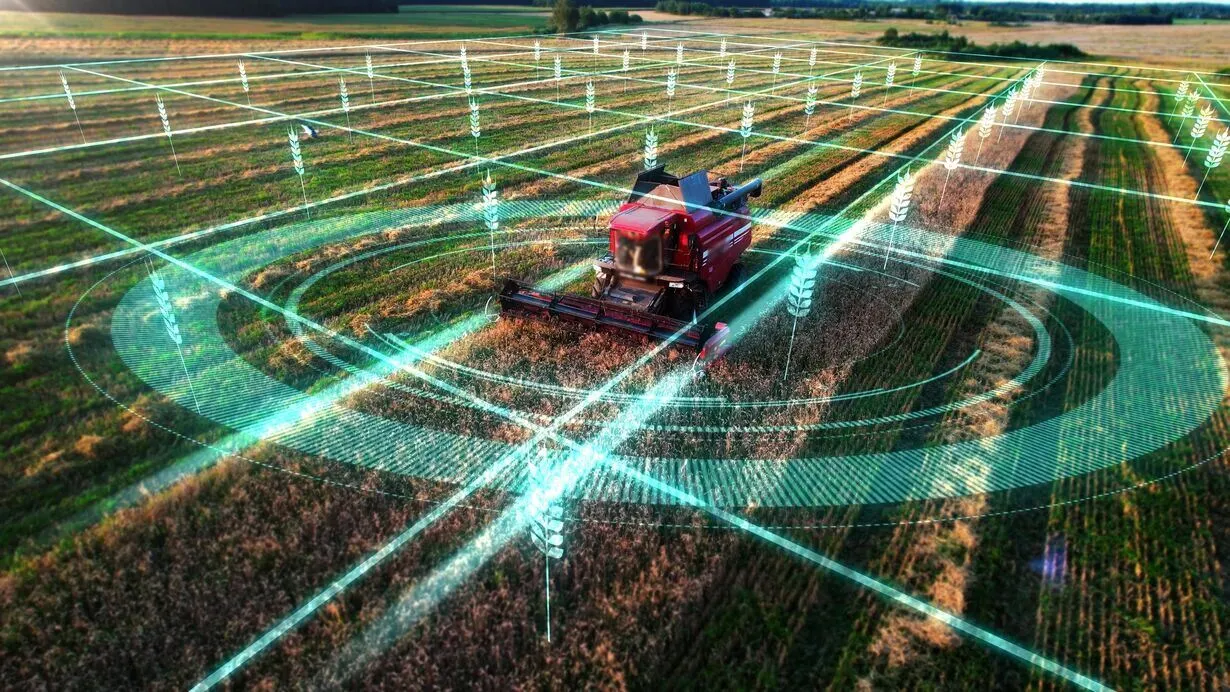Overview
By having your AI system tested by the LNE, you ensure it meets the highest standards of safety and performance, boosting your product’s reliability and trustworthiness in the market. Partnering with the LNE for rigorous testing of your AI technologies and a detailed evaluation report used for demonstrating performance enhances credibility and opens doors to new market opportunities both locally and globally. This service proposes to assess a range of agricultural devices (with respect to the physical constraints of the testing bench) integrating AI, particularly those utilising vision processing, within our advanced hybrid testing environment. Our novel hybrid testing facility consists of placing devices in the heart of a simulation projected onto a 300° screen while a motion capture system and instrumented conveyor belt measure its movements, if any. These data are continuously sent to the simulator in real time so that the device's digital twin follows the same movements and the projected environment is updated accordingly. The simulator also incorporates a physics engine and advanced sensor models, enabling a virtual sensor output to be substituted for the sensors in real time in the cases where devices require specific data and/or if the assessment is orientated toward a special kind of sensor degradation. Typical agricultural products evaluated include mobile robots for autonomous weeding or harvesting that use visual navigation (based on 2D cameras) and intelligent cameras (with AI functionalities) for crop health monitoring or livestock tracking. Other sensors commonly used in agriculture, such as 3D cameras for yield estimation, GPS for autonomous vehicle control, Lidar for terrain mapping, and sonar for obstacle detection, are also supported through data injection from the simulator.
More about the service
How can the service help you?
How the service will be delivered
Service customisation
- Laboratoire National de Meterologie et d'Essais (LNE) | Website
